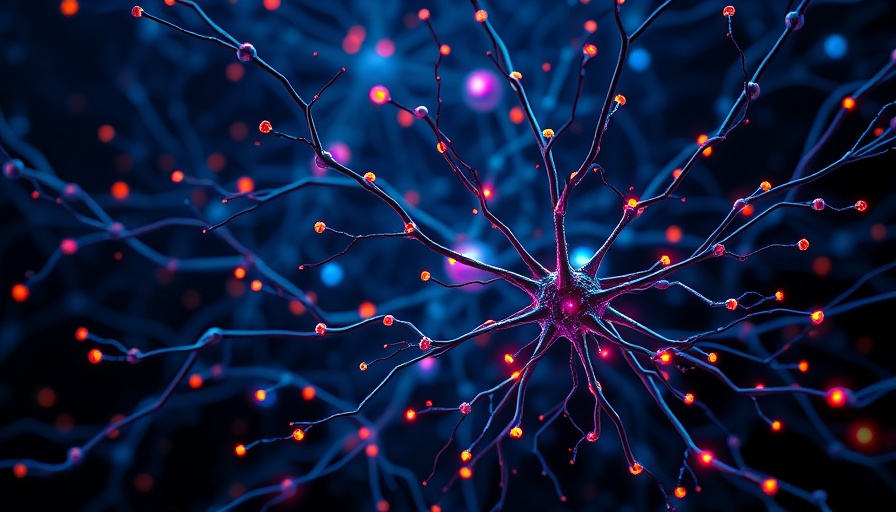
The Hidden Crisis: Why Dementia Diagnosis Takes Too Long
Dementia is often mischaracterized as a natural part of aging, a misconception that can lead to devastating delays in diagnosis. Recent research led by University College London reveals that individuals with dementia might wait an average of 3.5 years after the onset of symptoms before receiving a formal diagnosis. The implications of such delays are profound not only for the patients but for families and caregivers who struggle to navigate the complex healthcare system.
Understanding the Factors Behind Delayed Diagnosis
More than 30,000 cases from global studies were reviewed, revealing that delays are affected by various factors including age, type of dementia, and systemic issues within healthcare systems. Patients with early-onset dementia face even longer waits, averaging around 4.1 years before being diagnosed. Dr. Vasiliki Orgeta, the lead author of the study, emphasizes the need for better understanding and awareness of dementia symptoms to prompt earlier medical interventions.
Cultural Misunderstandings and Stigma
Stigma plays a significant role in the underdiagnosis and delayed diagnosis of dementia. Many individuals mistakenly believe that symptoms are just signs of aging. This cultural misunderstanding discourages patients and families from seeking medical advice until issues become severe. Dr. Phuong Leung notes that low public awareness of dementia symptoms exacerbates this problem, creating a vicious cycle where fear and stigma inhibit timely diagnosis.
Challenges Within Healthcare Systems
The healthcare system also contributes to these delays through inconsistent referral pathways and limited access to specialized memory clinics. Under-resourced staff and facilities may not have the bandwidth to offer timely assessments, creating bottlenecks that prolong the wait for a diagnosis. This issue is often compounded by language barriers for non-native speakers, limiting access to culturally sensitive care.
Possible Solutions to Shorten Diagnosis Times
The researchers call for coordinated strategies that include public awareness campaigns aimed at reducing stigma and promoting understanding of dementia symptoms. Training clinicians to recognize early signs and streamline referral processes could significantly enhance diagnosis timelines. Moreover, efforts to ensure that underrepresented groups in healthcare receive the same level of attention and resources must be prioritized.
The Importance of Early Diagnosis
Timely diagnoses can improve treatment options and may even allow some individuals to maintain a better quality of life for a longer time before progressing to more severe stages of dementia. With earlier diagnosis, patients can access support systems and treatment options that may help manage their condition more effectively. It is essential for both healthcare professionals and the public to understand the critical role of early recognition in experiencing positive health outcomes.
Future Directions: Awareness and Action
Going forward, it is crucial for healthcare systems to adapt and align their resources towards increasing dementia awareness and improving diagnostic practices. The research underscores the need for a collaborative approach involving patients, families, healthcare providers, and policy-makers. By doing so, the unwarranted stigma and delays in dementia diagnosis could be significantly reduced, leading to better patient outcomes and improved quality of life.
 Add Row
Add Row  Add
Add 




Write A Comment